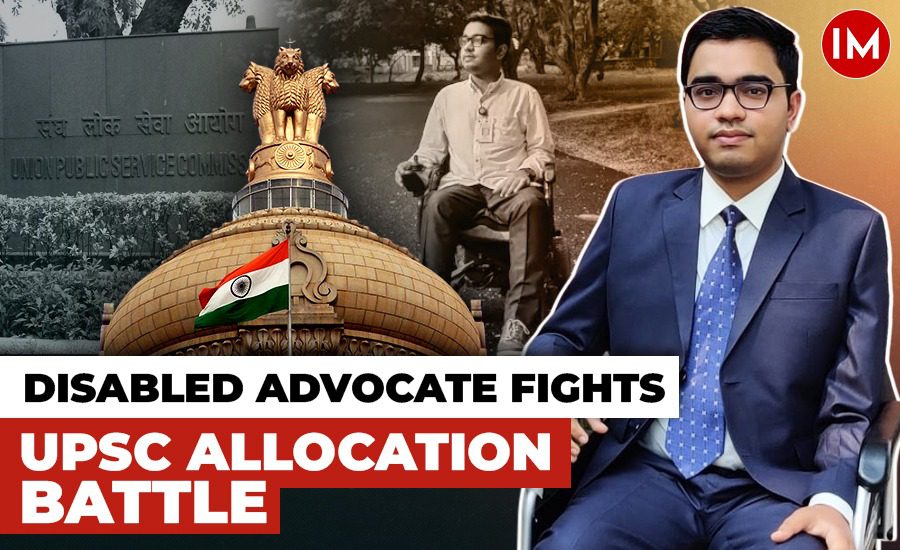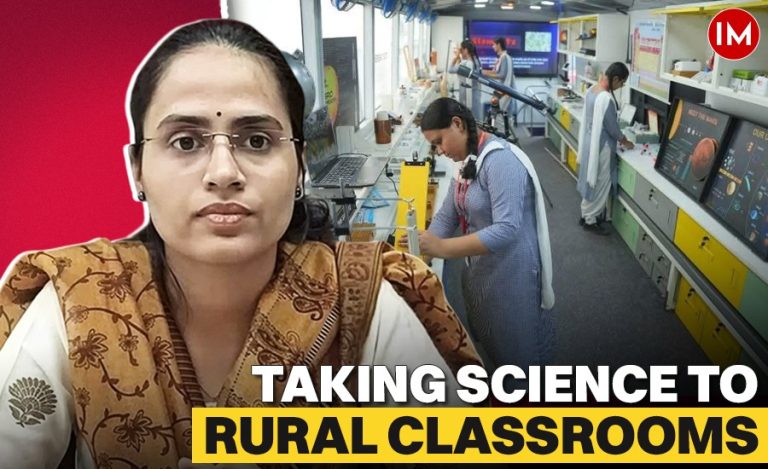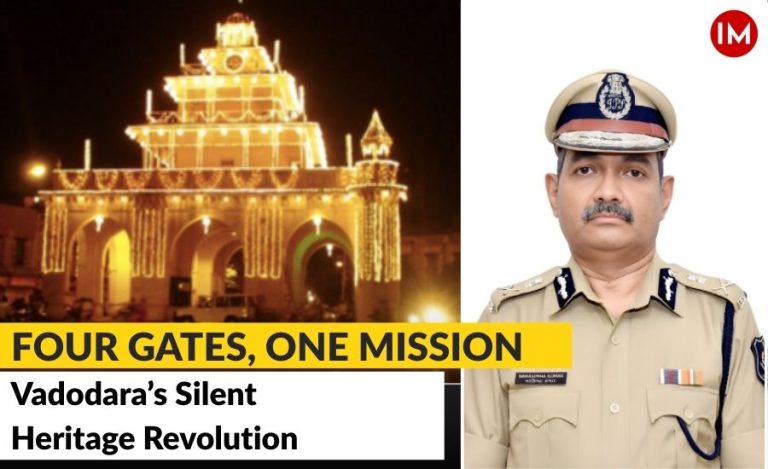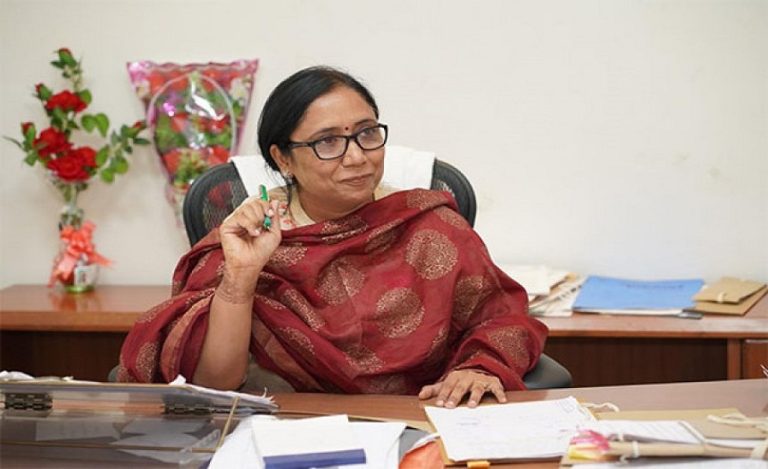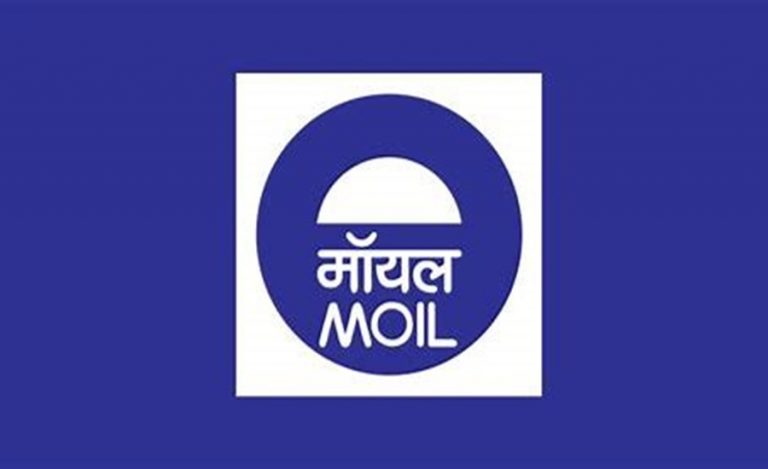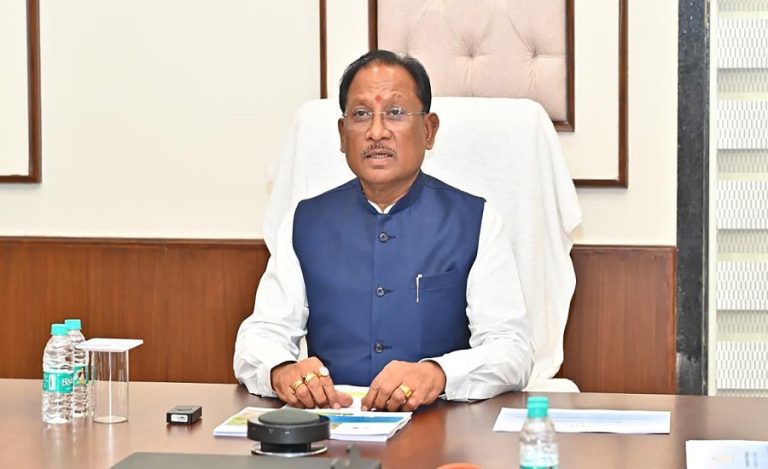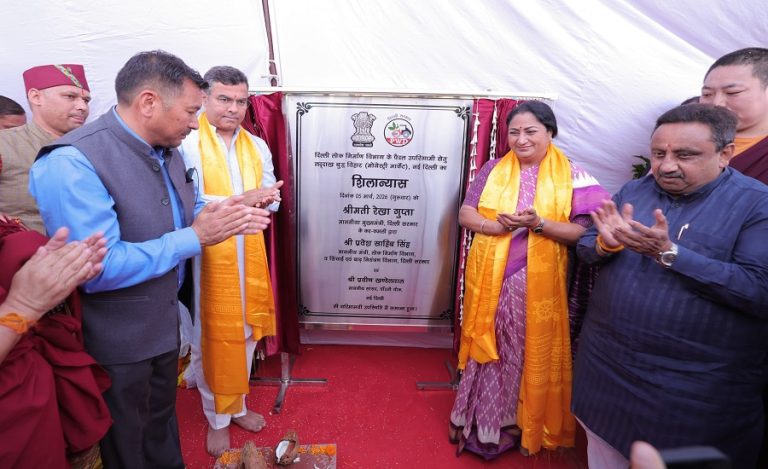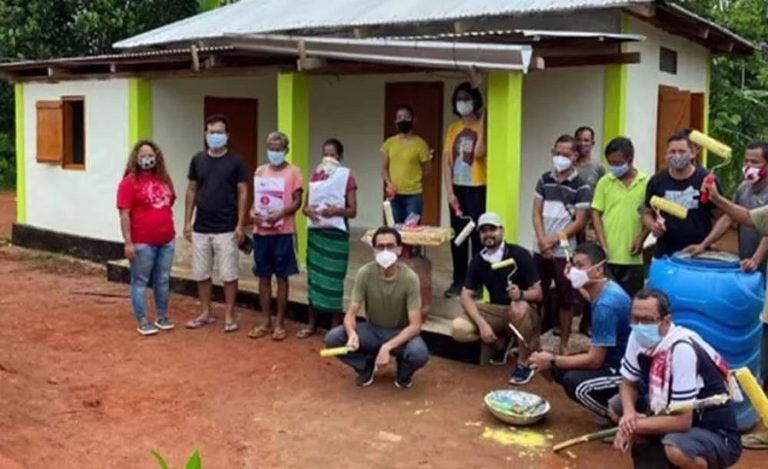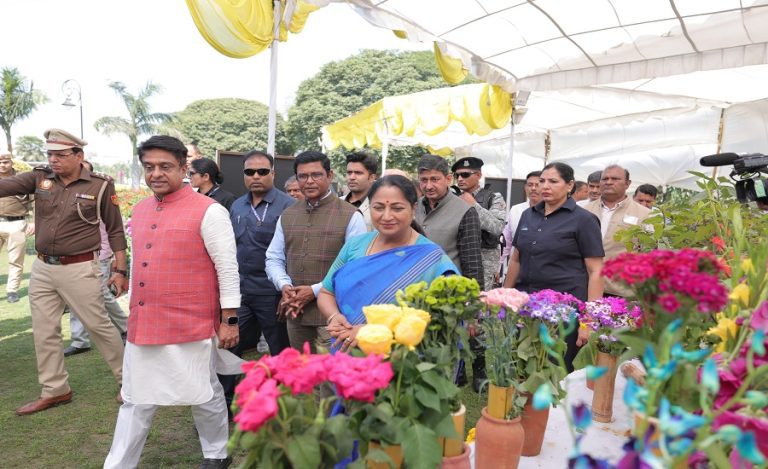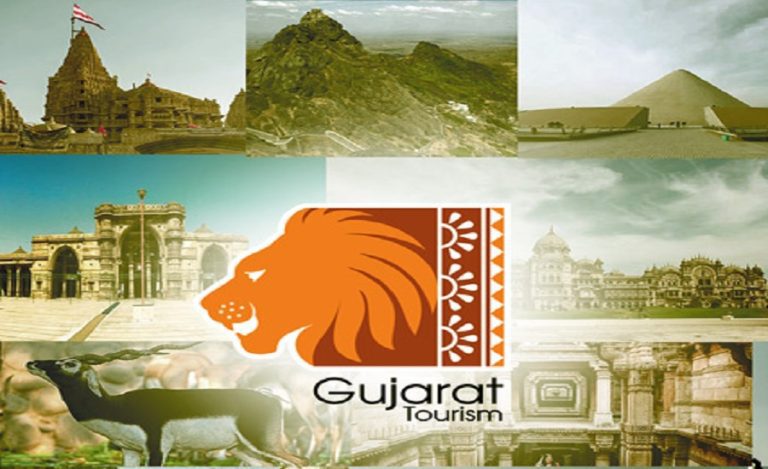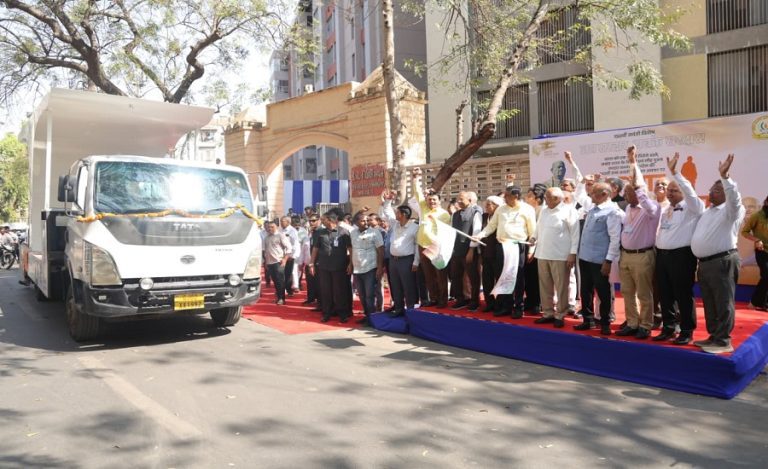Despite being completely disabled due to motor neuron disease, one of the greatest scientists of all time, Mr. Stephen Hawking, unraveled many mysteries of the universe, formulated theories ranging from the Big Bang to black holes, elucidated the origins and structure of the cosmos, and authored the bestselling book on time, ‘A Brief History of Time.’ Despite his disability, he was given opportunities based on his capabilities and recognized by numerous institutions for his contributions. However, not all disabled scientists are as fortunate as him.
ISRO scientist Kartik Kansal, who suffers from muscular dystrophy, is a glaring example. Despite being confined to a wheelchair since the age of 14, he cleared the prestigious UPSC exam four times but was not allocated a service.
Recently, widespread discourse on social media has shed light on the pervasive denial of opportunities to such deserving candidates, contrasting sharply with the revelation of job procurements through fraudulent means in recent years.
His case brings to the forefront the urgent need for fair and equitable opportunities for all, regardless of physical challenges, ensuring that merit and integrity prevail in the recruitment process.
Indian Masterminds interacted with Kartik Kansal to gain insights into his UPSC journey, the challenges he faced, and the disappointment of not being allotted a service despite meeting all criteria.
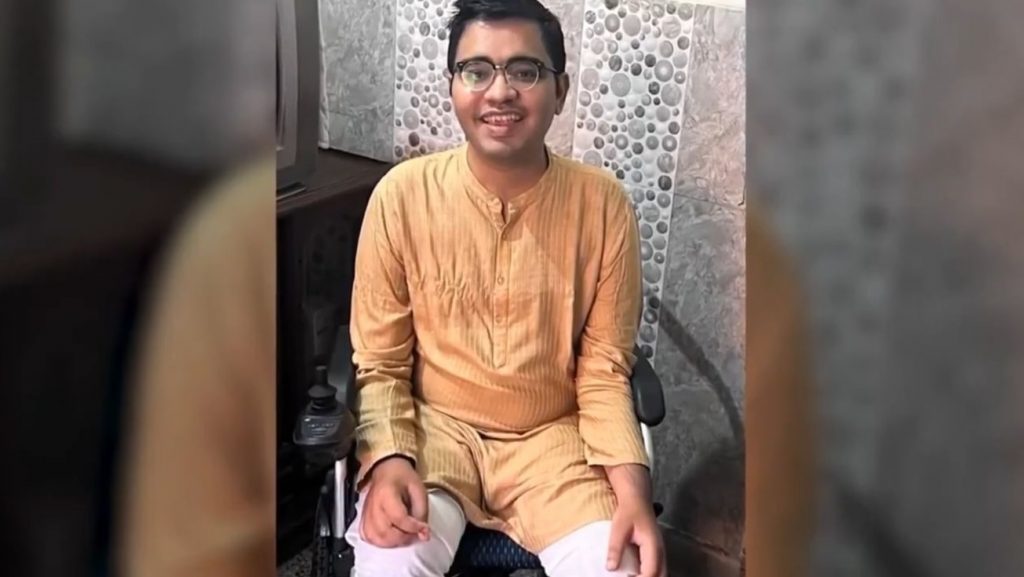
THE SUCCESS & MISFORTUNE
So far, Kartik has made a total of six attempts at the UPSC exam, successfully clearing it four times. His All India Rank (AIR) was 813 in 2019, improved to 271 in 2021 (his best rank so far), followed by 784 in UPSC-2022, and 829 in UPSC-2023. Despite these achievements, he has not been allocated a service in three of his successful attempts, and for the fourth attempt in 2023, service allocation is pending.
Kartik is currently fighting his case in CAT (Central Administrative Tribunal). The case is pending in CAT based on his UPSC result from 2021. He proudly says that he is determined to fight.
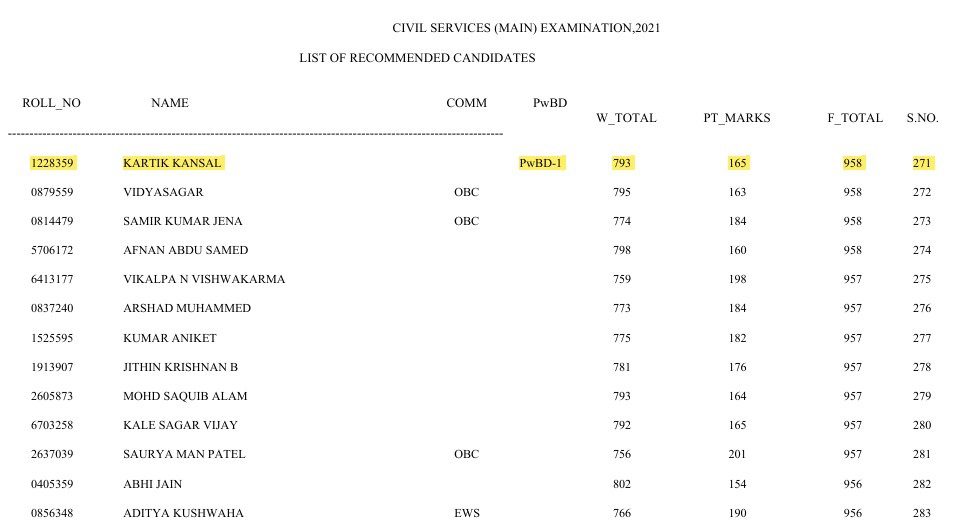
THE CURIOUS CASE OF DISABILITY CRITERIA & ITS CLAUSE
According to the UPSC notification of 2021, disability criteria are based on two factors: functional classification and physical requirements. Kartik explained, “Physical requirements assess what tasks you can perform and what skills are necessary for the job. This typically includes abilities such as seeing, sitting, reading, writing, and communicating.”
Functional classification, on the other hand, specifies which parts of the body are affected by the disability.
During the allocation process, Kartik was informed by the Department of Personnel and Training (DoPT) that his functional classification and physical requirements did not align with the requirements of the service he had applied for.
While Kartik met all the physical requirements such as seeing, sitting, reading, writing, and communicating, his second preference was IRS, which also included muscular dystrophy as an accepted condition according to its notification.
Kartik said, “According to the rules, I fulfilled all the medical requirements. However, the service was not allocated to me.”
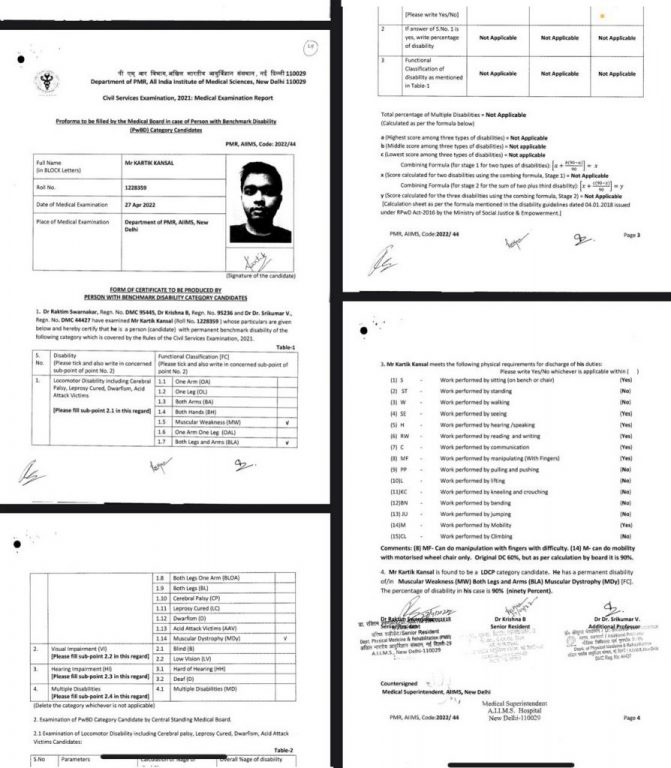
THE RULE & CLAUSE DEFINITION
If you look at the 2021 notification, it includes several tables outlining different criteria. Each table contains columns specifying conditions such as muscular dystrophy, both legs, both arms, one arm, and one leg, among others.
According to the DoPT, the notification specifies muscular dystrophy as an eligible condition for persons with disabilities in the IRS service category. However, Kartik’s condition, affecting both legs and both arms (known as Primary Lateral Sclerosis or PLS), is categorized differently and is recognized under IAS but not under IRS.
Therefore, the DoPT argues that since the IRS does not include a category specifically for both legs and both arms disability, Kartik cannot be allocated this service despite his qualification under the broader disability category of muscular dystrophy. Kartik cannot be allotted the IRS service due to this mismatch in disability category specification.
The situation has indeed become complex and disheartening from the perspective of Kartik, who has cleared the UPSC exam four times despite his disability and meets nearly all the disability criteria.
The DoPT may be adhering to the written rules, but for an aspirant like Kartik, not being allocated a service is deeply disappointing.
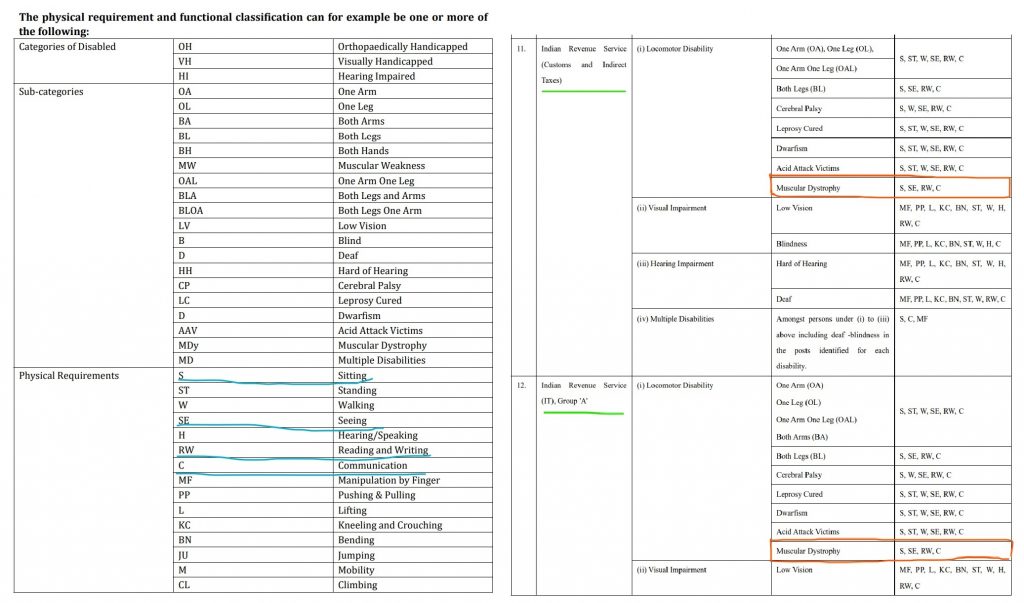
THE RESPONSE TO ALLOCATION
In 2019, Kartik received a response stating that his Physical Requirements (PR) and Functional Classification (FC) did not align. This situation persisted in 2021. In 2022, Kartik did not receive any of the services he preferred on his rank. As of this year, services have not yet been allocated.
FORMER BUREAUCRATS LENDING SUPPORT
After recent protests on social media regarding these issues, many former bureaucrats have also highlighted them in support of Kartik Kansal. Sanjeev Gupta, a former IAS officer from the 1985 batch, stated that with a rank of 271 in the 2021 UPSC exam, Kartik could have easily secured a service of his choice without reservation, meeting the physical requirements he opted for.
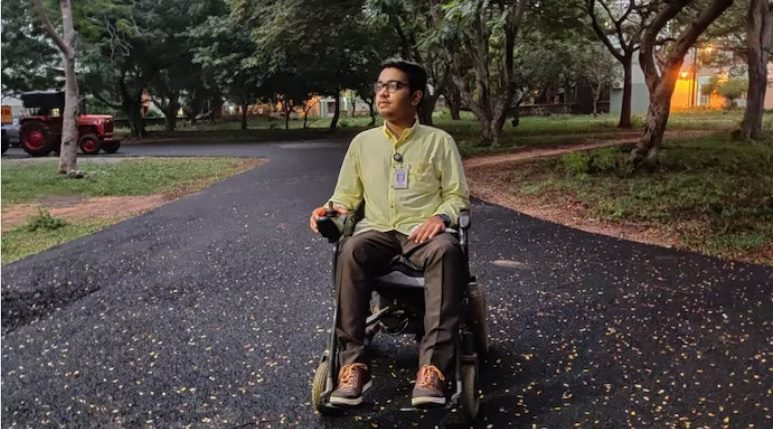
Mr Gupta further explained that in 2019, with a rank of 813, Kartik should similarly have been allotted a service. There were 15 vacancies for Orthopaedically Handicapped persons, but only 14 were filled.
He pointed out, “Earlier, the matrices were too confusing and contradictory, possibly leading to the denial of any service to him. How can there be different functional classifications and physical requirements for similar types of work across different services? If Cerebral Palsy, a more serious brain condition, was allowed for IAS, why not Muscular Dystrophy?”
He expressed relief that since 2024, everything has been merged into one criterion, ensuring no such errors in the future. According to the new merged criteria, Kartik is eligible for IAS, and giving him this opportunity would partly rectify the injustice he has faced until now, especially if there are carry-forward vacancies from previous years.
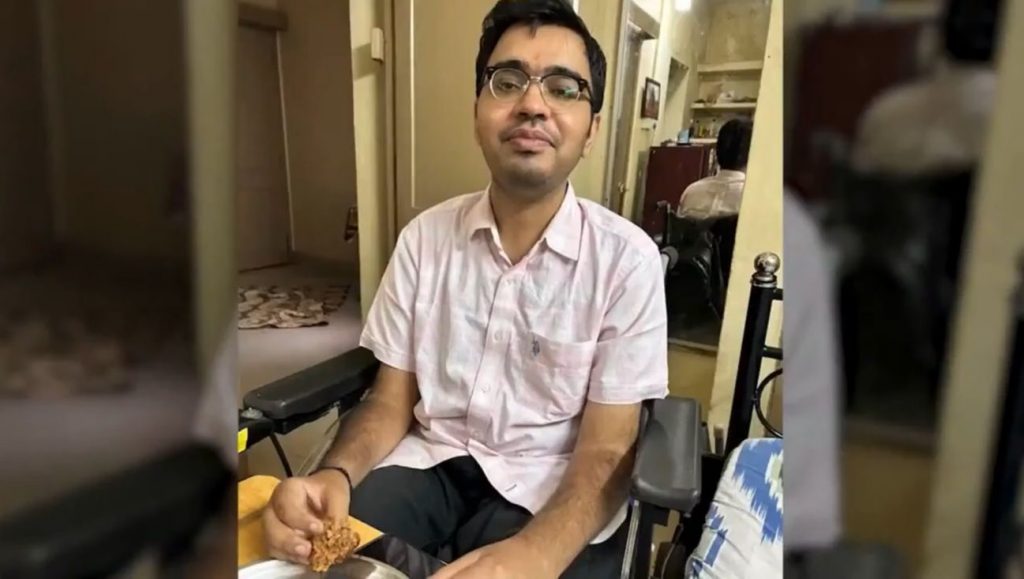
LIFE ON WHEELCHAIR
Kartik falls under the PwBD-1 category of disability in UPSC. He was diagnosed with muscular dystrophy at the early age of 8, which made him wheelchair-bound after he turned 14. The disease was genetic and there was nothing he could do about it. He even faced a lot of rejections in life due to his physical condition.
BACKGROUND
Kartik hails from Roorkee, Uttarakhand. His father serves as a revenue inspector in a Tehsil.
He attended St Gabriel’s Academy for his schooling and graduated with a B.Tech in Mechanical Engineering from IIT Roorkee in 2018. That same year, Kartik joined ISRO and concurrently began preparing for civil services.
Kartik also attempted the Indian Engineering Services (IES) exam and other exams such as GATE. However, after submitting his applications, he discovered that his disability rendered him ineligible for those positions.
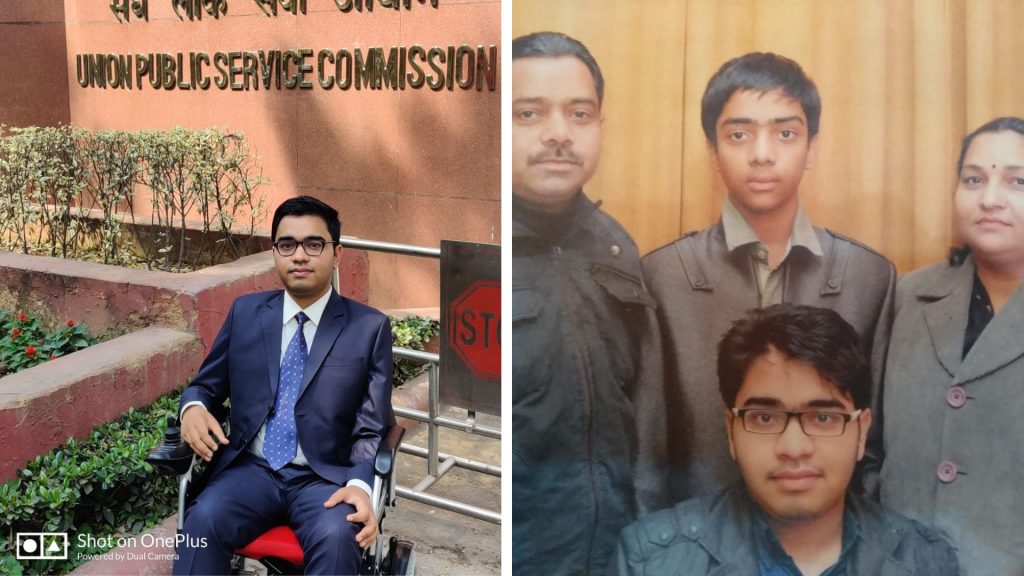
He attended several PSU interviews but faced rejection due to the same physical condition. While considering other opportunities, Kartik successfully passed the ICRB and IOCL exams simultaneously. Ultimately, he opted to join the Indian Space Research Organisation (ISRO) in 2018.
Kartik expressed, “While pursuing engineering services, I strongly believed such criteria shouldn’t exist. I felt that by participating in policymaking and administrative roles, I could influence perceptions and advocate for opportunities for individuals with disabilities in these exams. It was disheartening to feel discriminated against despite excelling in the exams.”
Kartik’s narrative highlights a poignant irony: authentic achievers like him, who overcome significant challenges due to their disabilities, often face unjust hurdles in securing positions even after excelling in rigorous examinations, while those with fraudulent credentials manage to secure employment.

